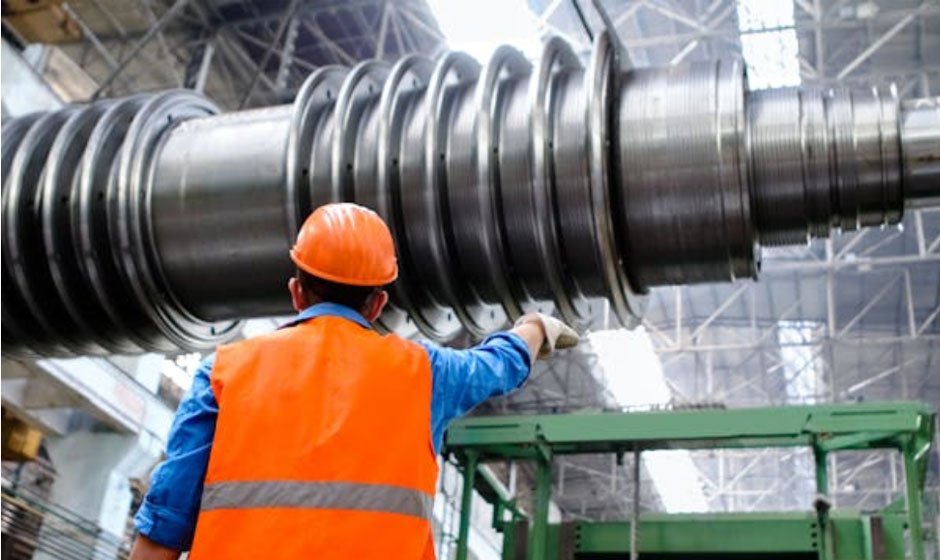Factory audit processes are essential to maintaining high standards in manufacturing. They ensure operational efficiency, quality control, fair labour practices, and adherence to safety regulations. This guide aims to enhance your understanding of effective factory audit processes, boosting operational efficiency, production quality, and compliance with industry standards.
Understanding Factory Audit Processes
Defining Factory Audit Processes
Factory audit processes involve a systematic examination of manufacturing systems, protocols, and procedures. This ensures compliance with established standards, regulations, and quality measures. They cover a wide range of aspects, from production capabilities to ethical standards and environmental responsibilities.
Importance of Factory Audit Processes in Quality Assurance and Compliance
Factory audit processes are crucial for quality assurance and compliance. They ensure adherence to regulatory standards, mitigate risks and maintain product integrity throughout the manufacturing lifecycle. By systematically examining operations, audits help identify areas of improvement, ensuring continuous enhancement in quality and efficiency.
Why Do Organizations Need to Invest in Factory Audit Processes?
Organizations need to invest in factory audit processes to ensure quality control and regulatory compliance. These audits help in identifying operational inefficiencies and risks, providing actionable insights for improvement. Investing in regular audits helps maintain high standards, safeguarding the company’s reputation and ensuring long-term success.

Essential Elements of an Effective Factory Audit Process
Core Components of a Factory Audit Process
An effective factory audit process includes:
- Examination of regulatory compliance
- Assessment of manufacturing capabilities
- Evaluation of the quality management system
- Adherence to ethical standards
- Commitment to environmental responsibility
How These Elements Contribute to Ensuring Quality and Compliance
Quality and compliance in a factory are ensured by systematically implementing standardized processes. Rigorous audits, effective training programs, and strict adherence to industrial regulations are key. These elements collectively ensure that the manufacturing processes are efficient, safe, and ethical.
Step-by-step Guide to Implementing a Factory Audit Process
Preparation: Define the scope and objectives of the audit. Ensure all necessary documentation and resources are ready.
Planning: Develop an audit plan outlining the areas to be audited, the timeline, and the team involved.
Execution: Conduct the audit as per the plan, documenting findings and observations meticulously.
Reporting: Prepare a comprehensive audit report detailing the findings, areas of improvement, and recommended actions.
Follow-up: Implement the recommended actions and schedule follow-up audits to ensure continuous improvement.
The Role of Technology in Factory Audit Processes
Increasing Importance of Technology in Factory Audits
Technology is playing an increasingly vital role in factory audits. It enhances efficiency and accuracy through automation, data analytics, and real-time reporting, ensuring compliance with the highest standards.
Technologies and Software for Factory Audits
Digital solutions like IoT sensors, RFID tags, audit management software, AI-based surveillance systems, and predictive maintenance tools significantly enhance the efficiency of factory audits. These technologies streamline data collection, analysis, and reporting processes, reducing human error and accelerating decision-making.
How Technology Enhances Accuracy and Efficiency
Technology automates routine tasks, ensuring consistency and accuracy. It facilitates real-time data collection and analysis, enabling swift identification of issues and immediate corrective actions. By reducing manual effort, technology allows auditors to focus on critical areas, enhancing the overall efficiency of the audit process.
Common Challenges in Implementing Factory Audit Processes and How to Overcome Them
Possible Obstacles
Implementing factory audit processes can face challenges such as lack of expertise, resistance from employees, inadequate technology infrastructure, and non-compliance with standards and regulations.
Proven Solutions
To overcome these challenges, organizations can:
- Set clear goals and communicate the benefits of audits
- Foster teamwork and provide continuous training
- Invest in the necessary technology and infrastructure
- Adapt to changes and be persistent in their efforts
Frequently Asked Questions
What are the 3 Main Types of Audits?
- Financial Audits: Focus on accuracy in financial reporting.
- Operational Audits: Evaluate the efficiency and effectiveness of operations.
- Compliance Audits: Ensure adherence to laws and regulations.
What is a Manufacturer Audit?
A manufacturer audit is a systematic evaluation process to assess a manufacturer’s compliance with regulatory standards and product quality requirements.
How to Prepare for a Factory Audit?
Preparation involves ensuring compliance with safety standards, organizing documentation, training staff, maintaining cleanliness, and performing routine equipment checks.
What is the Plant Audit Process?
The plant audit process entails a systematic inspection of facilities, equipment, operations, and practices within a plant to ensure compliance with safety and regulatory standards.
Conclusion
A factory audit is a systematic evaluation of a manufacturing facility to ensure compliance with quality standards, safety regulations, and ethical practices. It assesses production capabilities, operational efficiency, and adherence to legal requirements. By conducting factory audits, businesses can mitigate risks, uphold product quality, and maintain ethical sourcing practices. This process supports transparency and accountability throughout the supply chain, promoting trust among stakeholders and enhancing overall business integrity.





